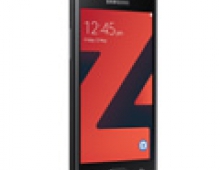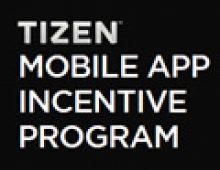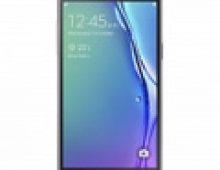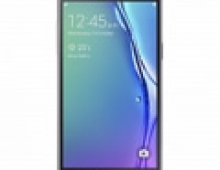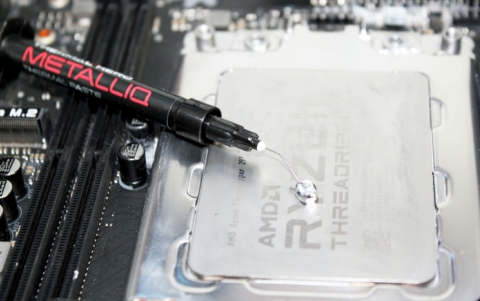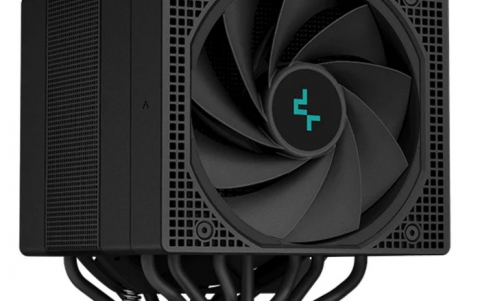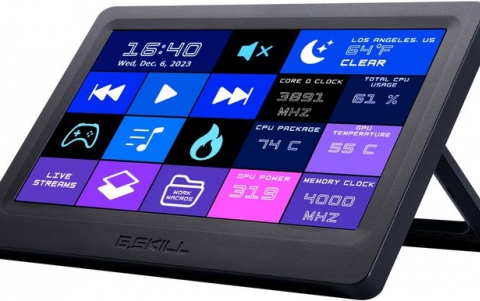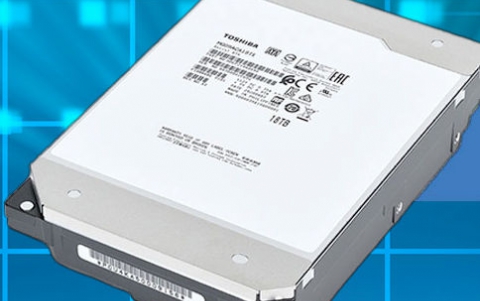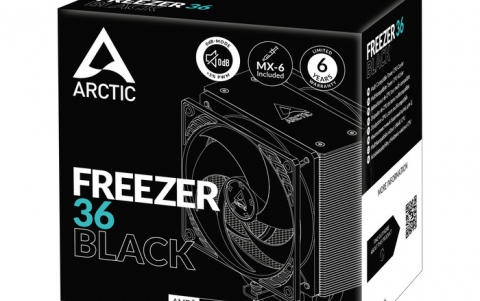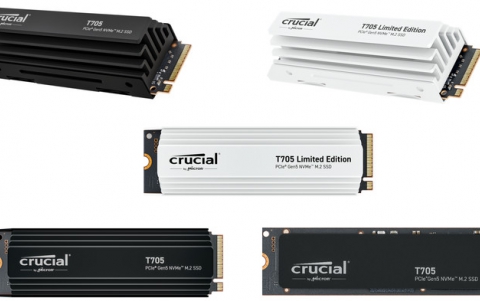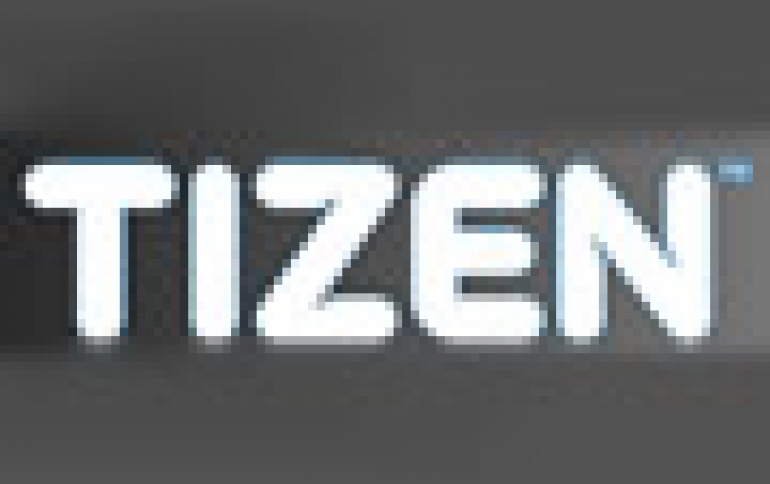
Intel to Integrate MeeGo Into New Open Source Software Platform, Tizen
Intel will get rid of MeeGo with its involvement in the Linux Foundation and LiMo Foundation, who plan to develop Tizen, a new Linux-based open source software platform for multiple device categories.
The two Linux groups said on Wednesday they would combine their technologies to create a new operating software platform for a range of mobile devices led by Intel and Samsung Electronics.
Tizen builds upon the strengths of both LiMo and MeeGo and Intel said that it would be working with its MeeGo partners to help them transition to Tizen.
The standards-based Tizen project will be hosted at the Linux Foundation and offer an operating system and a flexible standards-based HTML5 and WAC web development environment within which device-independent apps can be produced.
"We believe the future belongs to HTML5-based applications, outside of a relatively small percentage of apps, and we are firmly convinced that our investment needs to shift toward HTML5," reads a blog post at MeeGo's blog. "Shifting to HTML5 doesn't just mean slapping a web runtime on an existing Linux, even one aimed at mobile, as MeeGo has been. Emphasizing HTML5 means that APIs not visible to HTML5 programmers need not be as rigid, and can evolve with platform technology and can vary by market segment."
In the new project, a lot of things will be the same as they were in the MeeGo project, according to Intel. The Tizen project will reside within the Linux Foundation, will be governed by a Technical Steering Group, and will be developed openly with familiar and improved infrastructure. Much like MeeGo, the Tizen project will support multiple device categories, including Tablets, Netbooks, Handsets, Smart TV, and In-Vehicle Infotainment systems.
The initial release of Tizen is expected in Q1 2012, enabling the first devices in the market mid-2012.
Tizen builds upon the strengths of both LiMo and MeeGo and Intel said that it would be working with its MeeGo partners to help them transition to Tizen.
The standards-based Tizen project will be hosted at the Linux Foundation and offer an operating system and a flexible standards-based HTML5 and WAC web development environment within which device-independent apps can be produced.
"We believe the future belongs to HTML5-based applications, outside of a relatively small percentage of apps, and we are firmly convinced that our investment needs to shift toward HTML5," reads a blog post at MeeGo's blog. "Shifting to HTML5 doesn't just mean slapping a web runtime on an existing Linux, even one aimed at mobile, as MeeGo has been. Emphasizing HTML5 means that APIs not visible to HTML5 programmers need not be as rigid, and can evolve with platform technology and can vary by market segment."
In the new project, a lot of things will be the same as they were in the MeeGo project, according to Intel. The Tizen project will reside within the Linux Foundation, will be governed by a Technical Steering Group, and will be developed openly with familiar and improved infrastructure. Much like MeeGo, the Tizen project will support multiple device categories, including Tablets, Netbooks, Handsets, Smart TV, and In-Vehicle Infotainment systems.
The initial release of Tizen is expected in Q1 2012, enabling the first devices in the market mid-2012.

